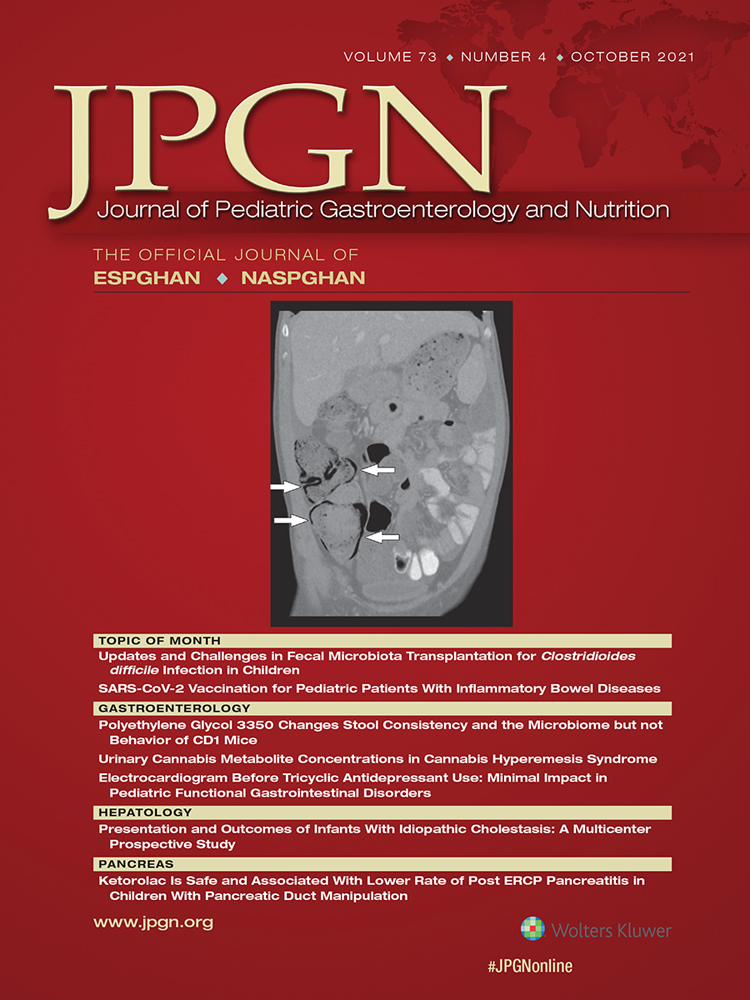Updates and Challenges in Fecal Microbiota Transplantation for Clostridioides difficile Infection in Children
This work was supported by a National Institute of Child Health and Human Development K23 award (No. K23HD099240) to S.K.H. and a National Institute of Allergy and Infectious Diseases K23 award (No.1K23AI156132-01) to M.R.N.
The authors report no conflicts of interest.
ABSTRACT
Fecal microbiota transplantation (FMT) is currently the most effective but loosely regulated therapy, for recurrent Clostridioides difficile infection (rCDI) in pediatrics. Over the last 2 years, there have been mounting challenges in the ability to provide FMT to pediatric patients. Firstly, an Food and Drug Administration (FDA) safety alert in 2019 reported transmission of a multidrug resistant organism from FMT donor to recipient resulting in the death of 1 patient. Secondly, the coronavirus disease 2019 (COVID-19) pandemic induced further safety and regulatory challenges. Biotherapeutics are promising and more readily regulated treatment options for rCDI, which may replace FMT in the near future for adults upon regulatory agency approvals. Such approvals, however, are expected to be significantly delayed for children, raising concerns for limited access to effective treatment for children with rCDI. In this commentary, we discuss the recent challenges and future directions of FMT and microbial therapeutics in children with rCDI.




